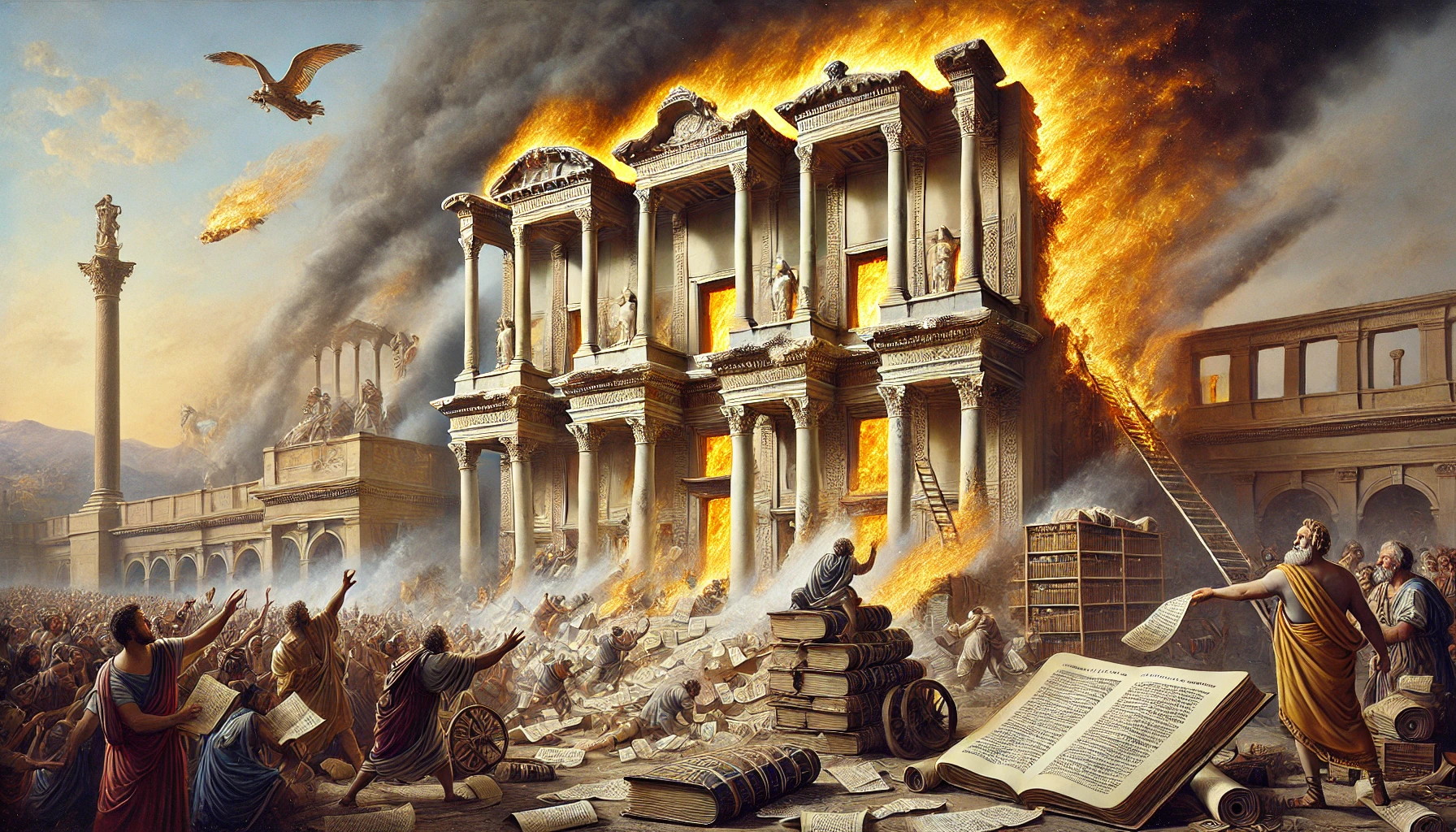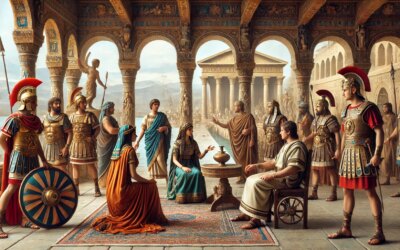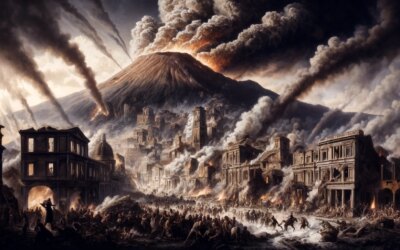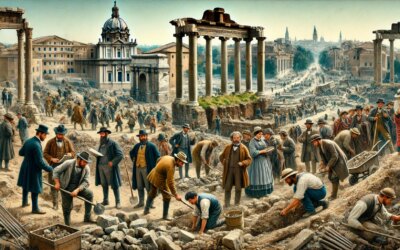The Intellectual Heart of the Ancient World
Founded in the 3rd century BCE under the rule of Ptolemy I or his son Ptolemy II, the Library of Alexandria was the greatest repository of human knowledge in the ancient world. Located in Egypt’s capital, it housed hundreds of thousands of scrolls covering philosophy, medicine, astronomy, mathematics, and literature. Scholars from across the Mediterranean came to study, including the likes of Archimedes, Euclid, and Eratosthenes.
The Fires That Consumed History
The Library of Alexandria suffered multiple disasters, making it difficult to pinpoint a single cause for its destruction. One of the earliest recorded incidents occurred in 48 BCE when Julius Caesar set fire to Egyptian ships during his war against Pompey’s allies. The flames spread to parts of the city, and some sources suggest that warehouses storing library scrolls were lost.
Another major event likely occurred in the 3rd century CE under Emperor Aurelian, when fighting between Roman forces and Queen Zenobia of Palmyra devastated Alexandria. Later, in 391 CE, Christian forces under Theophilus destroyed many remnants of Greco-Roman learning, targeting pagan institutions, possibly including what was left of the library.
The Impact of the Library’s Destruction
The loss of the Library of Alexandria symbolizes the fragility of human knowledge. While some texts survived through copies made in other centers of learning, countless works were irretrievably lost. The destruction set back scientific progress for centuries, erasing discoveries and theories that could have shaped the modern world differently.
Legacy of the Lost Library
Despite its tragic fate, the legacy of the Library of Alexandria endures. Modern institutions, such as the Bibliotheca Alexandrina, seek to revive its spirit by promoting learning and scholarship. The story of the library serves as a reminder of the importance of preserving knowledge and the dangers of intellectual suppression.
While the flames that consumed the Library of Alexandria can never be undone, its memory continues to inspire those who seek to advance human understanding and safeguard history for future generations.





